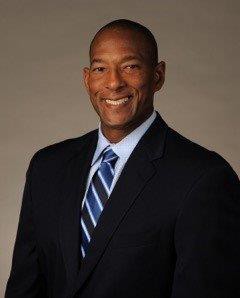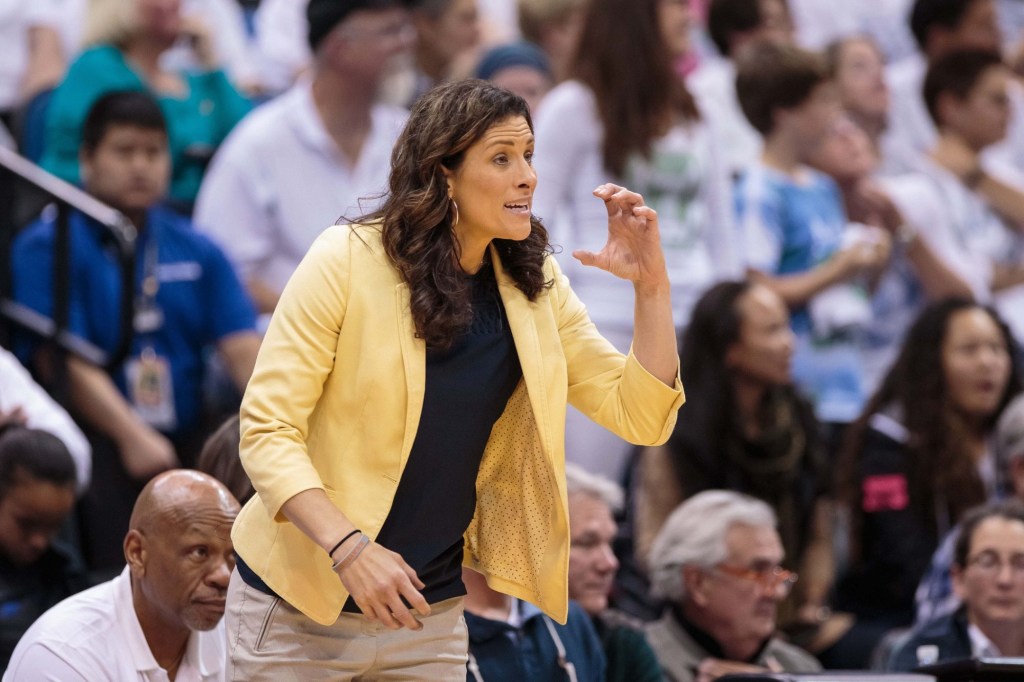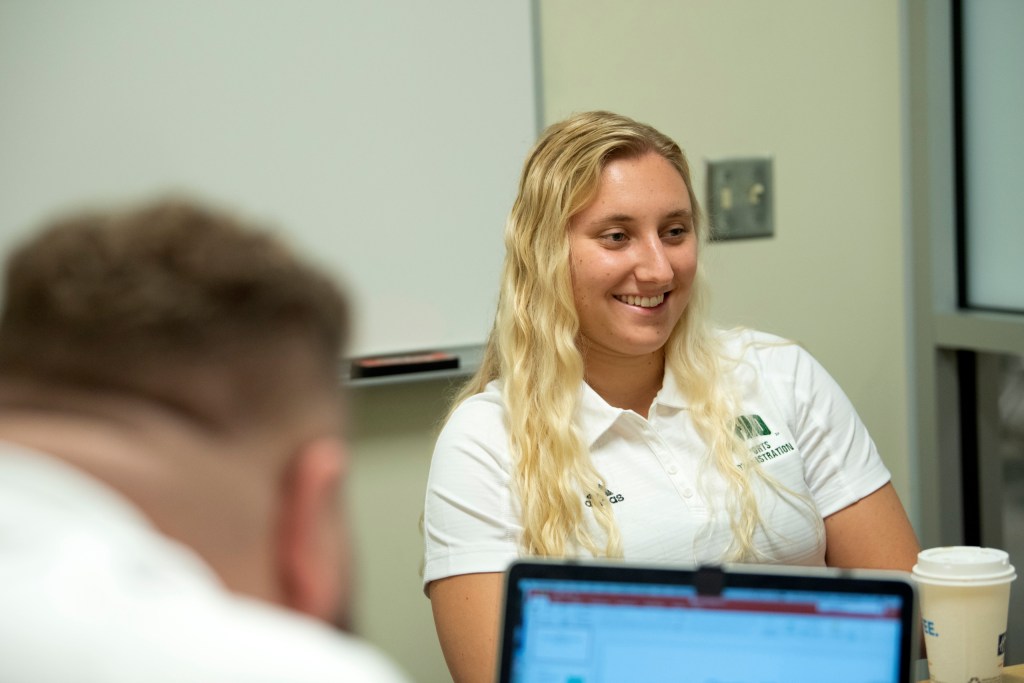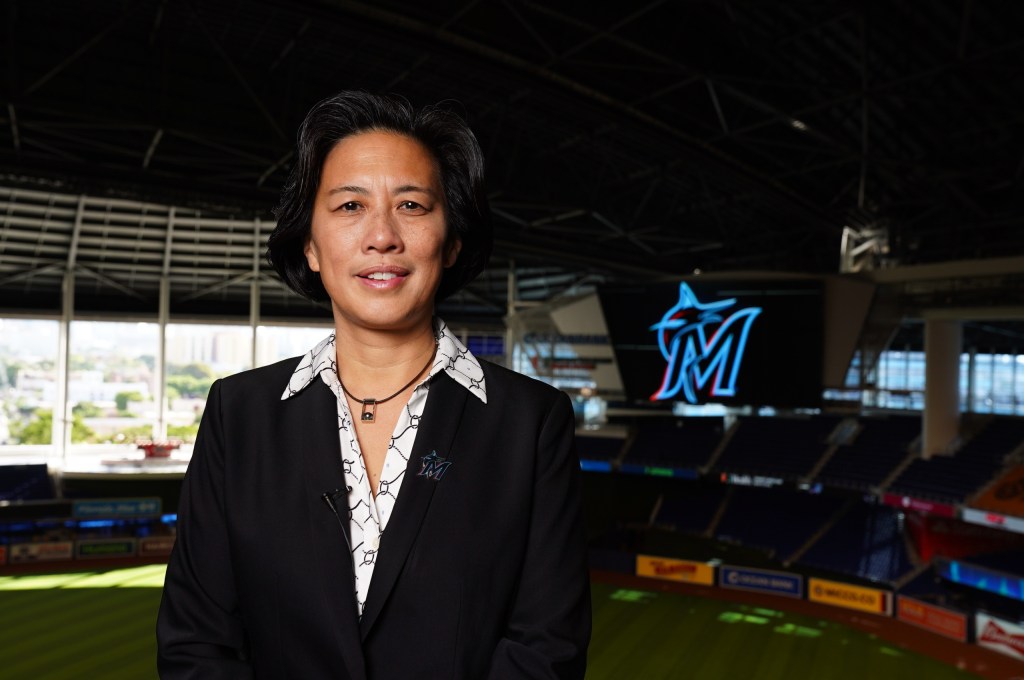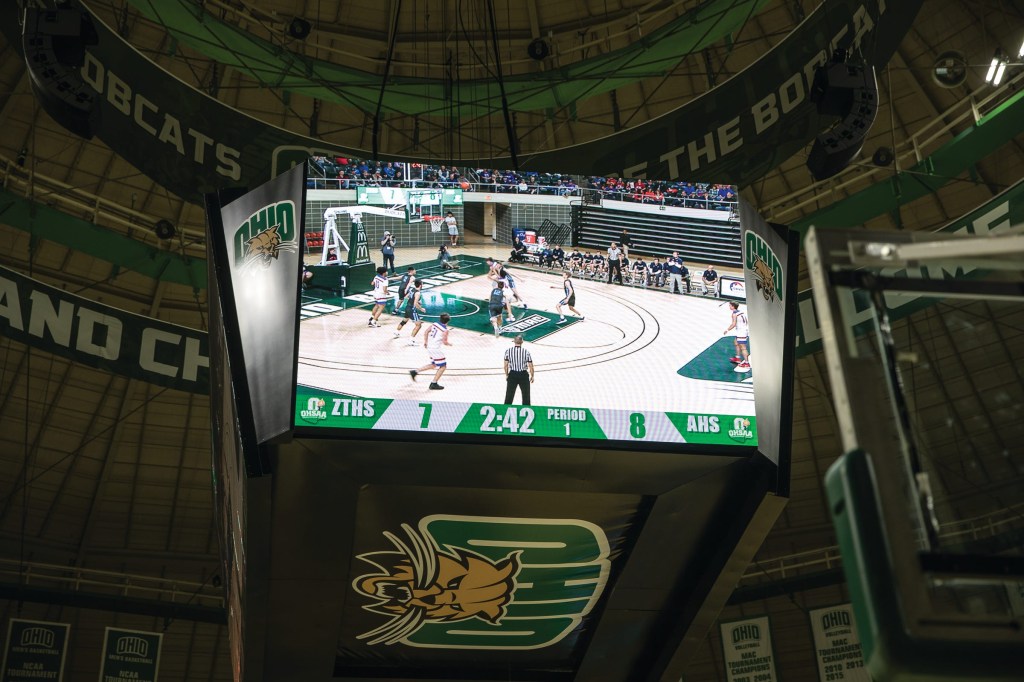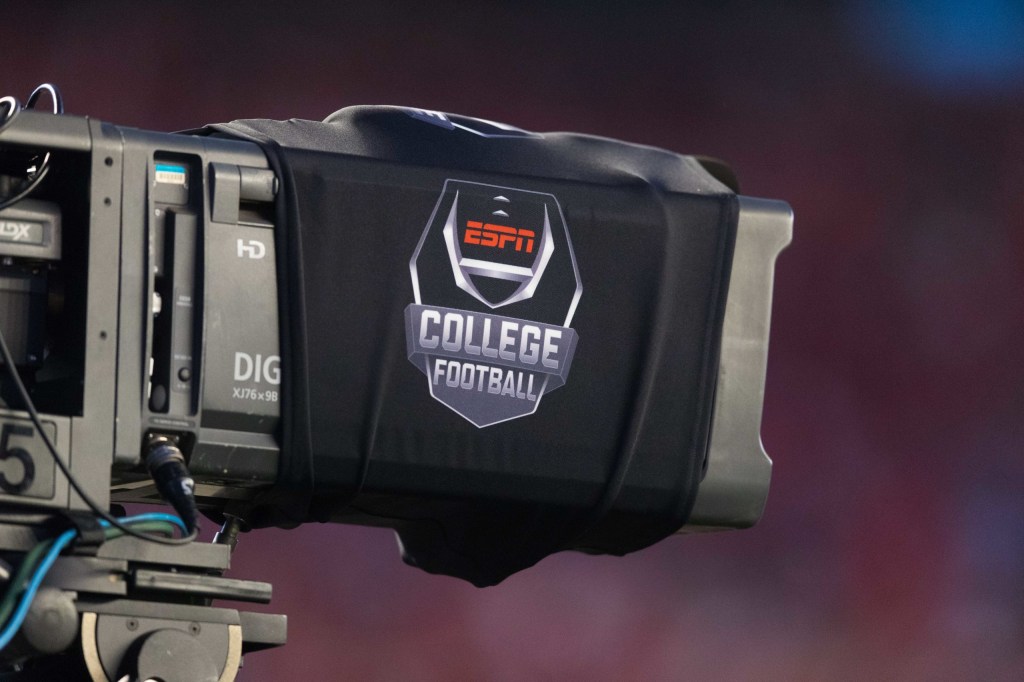This interview is presented to you by the University of Nebraska — Lincoln Master of Arts in Business with a Specialization in Intercollegiate Athletics Administration
By: Amari Dryden, @Amari_Dryden

Lewis Preston has been coaching collegiate basketball for more than 17 years, but it wasn’t until he transitioned out of basketball that he realized how much of an impact the game had on his life. His life in basketball started as a senior in high school at Franklin County High School in Rocky Mount, Virginia. The new coach, Ed Holstrom, spotted Lewis on the marching band practice field and asked him to try out. Lewis continued his playing career at the Virginia Military Institute (VMI). After graduating from VMI with a degree in history, Lewis played professional basketball overseas for four years. He played in Luxembourg, Ireland and Finland.
“During that time I had the chance to not only play the sport that I love, but I got a chance to travel the world as well. It was an incredible experience that matured me a great deal.”
He realized that he wanted to get into coaching during his third year of playing professionally. His coach at the time, Ari Tammivaara, was 24 or 25 years old, but was coaching players from his age all the way up to 35 and 36-year-olds.
“He would always sit down with us on a day in day out basis and talk about x’s and o’s, strategy and coaching philosophy. That’s where the bulb first lit up for me.”
The first mentor he had in regards to the game of basketball was Pete Strickland, an assistant coach at VMI when Lewis was a student-athlete there. Pete gave him his first college assistant coaching job at Coastal Carolina University. Lewis worked with Pete for two years and then moved on to be an assistant coach at Notre Dame, Florida and Penn State and then became the head coach at Kennesaw State University.
Lewis’s favorite part of coaching was the fact that he got to impact a person’s life on a level where his life was impacted as well.
“If it hadn’t been for the game of basketball, I don’t think I would have been able to afford to go to college. Not only did basketball allow me to go to college, it allowed me the opportunity to meet some great people, travel the world and see and experience things I could not have even dreamt of. I owe the game of basketball so much.”
“One of my favorite quotes that I’ve seen is that ‘a coach can impact more lives in a year than most people can in a lifetime,’ and I truly believe that.”
Lewis says one of the biggest misconceptions people have about collegiate coaching is that it’s a six month job. It is actually a 24/7, 365 days a year kind of job with regards to making sure that the young men and women we are dealing with are on top of everything that is needed off the court, such as staying in school and keeping their scholarship to be a part of a team and be a part of something that’s even greater than themselves.
“It is a continuous grind to be a coach and you have to embrace it.”
In the 17 years Lewis was in coaching and even in the two years that he’s been outside of it, he has realized it is a very small fraternity in regards to college athletics.
“You need to make sure you stay connected with the right people because there’s going to come a certain time when the right people will be able to help you, and there are others who can actually hurt you in this business. You have to understand the value of the network.”
Lewis now works for ABM Building Solutions, LLC. One of the best things about his job is that a majority of our team has played sports in some capacity. Of the sales representatives he works with, one is a former MLB pitcher, one was a collegiate wrestler and currently wrestles for the USA national team in freestyle and Greco-Roman and there’s him being a former collegiate basketball player and coach.
“One of the things I’ve seen by putting that team together is we’re self-disciplined and competitive. Our sales manager, Joel Lowery, doesn’t have to worry about micromanaging us and we understand the task at hand and make an effort to help each other on a daily basis. We really do uphold the standard of teamwork. The value of teamwork is part of the reason why our location has been the number one sales location in the network four of the past five years. It’s a high standard we uphold ourselves to.”
Recently, Lewis has gotten involved with Integrity Solutions, LLC to provide professional and personal coaching to former and current student-athletes, coaches as well as business professionals. “I am now certified as a facilitator in Integrity Coaching because I want to help coaches and business professionals work through the demands and issues that arise on the job that they are and are not prepared for.” Lewis feels that if he had someone to personally coach him, he would most likely still be in the coaching profession. Along with Integrity Coaching, Lewis has partnered with Johnny Walker (www.johnnywalker.co) to bring Foundational Core Values to local, regional and national colleges and universities. Foundational Core Values is a “concrete, values based, decision making process that gives coaches the opportunity to draw out the values that are important to each player and use them to:
· Find positive connection points between their values and the values of your program
· Make values based decisions vs. emotionally based decisions
· Understand the importance of accountability
· Use their Foundational Core Values to lead others
· Help players make better decisions, and a process to coach them to when they don’t!
Lewis loves how much he has gained from being a coach.
“I will tell people, only through the experiences I’ve gone through, that it is a blessing and a gift to be called a coach. It is an enormous responsibility, but it has rewards that very few jobs, if any, can give you. Whether it’s in that present moment or years down the road, you’re going to have the ability to impact someone so much to where they’re going to come back to you and ask for advice.”
Lewis reflected on former University of North Carolina-Chapel Hill men’s basketball Coach Dean Smith and how much he impacted his players.
“When Coach Smith passed away, you listened to his former players talk about how they would go to him for advice from starting a business to wanting to marry a certain person. The most important thing about that was other people learning that Coach Smith was respected enough to be asked about any and all matters pertaining to life outside of the game of basketball.”
“You have an enormous amount of power as a coach, but you also have an enormous amount of accountability and responsibility that we take for granted. We sit and tell a child’s parents we’re going to take care of their daughter or son for the next four years. I never took that part lightly. The part I took lightly while I was in the business of coaching was that I always felt like the game of basketball needed me, but now I can say I need the game of basketball more. If you’re not staying on top of what you need to be doing, you can become expendable.”
Lewis still has a strong and passionate desire to return to coaching, but wants to make sure it is for the right opportunity. “I feel that helping a first time head coach or one with previous head coaching experience who is getting another shot to navigate through the demands of coaching and managing people. The past two plus year has allowed Lewis the opportunity to watch, learn and grow. I am much more into process and purpose as opposed to outcomes and results. You have to be able communicate your message effectively with today’s players. Consistent communication, caring and love are important to helping your team grow. I want to be around people who are congruent with my Foundational Core Values which are: Faith, Family, Integrity, Loyalty and Wisdom.
Currently, Lewis is preparing to launch his website in early August. Lewis desires to help coach leaders in the athletic as well as business arenas. Learn more by going to www.CoachLewisPreston.com
We would like to thank Lewis for his time and insight and we wish him the best in all his future endeavors!
You can follow him on Twitter or connect with him on LinkedIn!
Go to www.FoundationalCoreValues.com to learn more about our values based decision making process.

This interview was presented to you by the University of Nebraska — Lincoln Master of Arts in Business with a Specialization in Intercollegiate Athletics Administration
